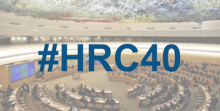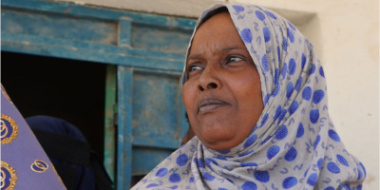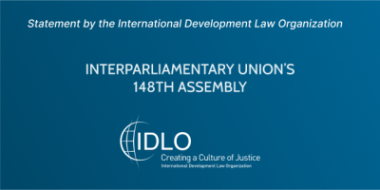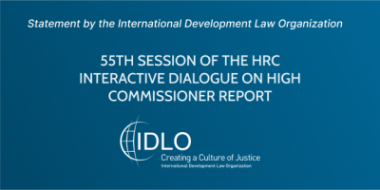Somalia Joint Justice Program
In Somalia, alternative justice mechanisms remain the main providers of justice services for lack of formal justice institutions. However, these justice mechanisms can be discriminatory particularly against women, youth and minority clans.















